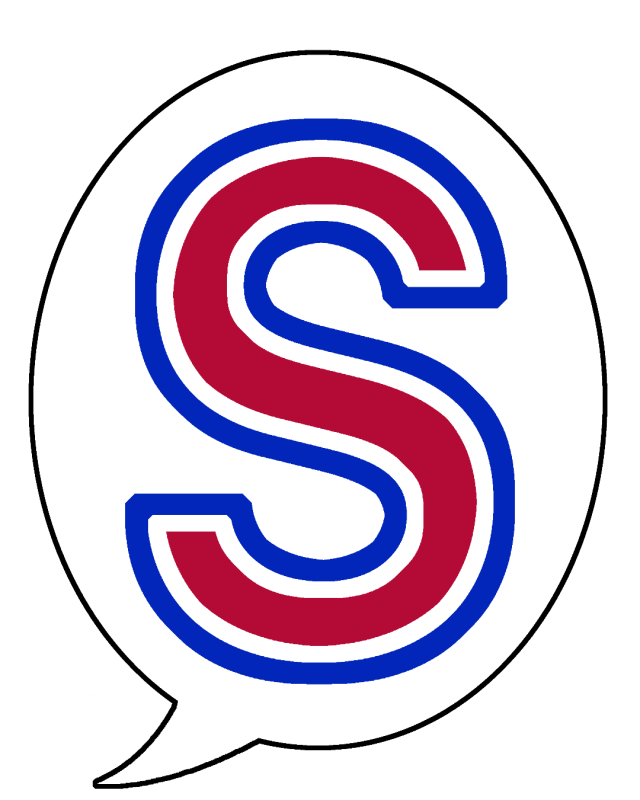Do you have an important event coming up? Do you need to invite someone to a meeting? Or maybe you need to arrange an appointment? Here is your guide to using dates in English.
Weekdays
There are four possible parts to a date: the day, the ordinal number, the month and the year. We’ll start with the weekdays. As a reminder, here they are:
- Monday
- Tuesday
- Wednesday (“Wensday”)
- Thursday
- Friday
- Saturday
- Sunday
It can be difficult to remember the difference between Tuesday and Thursday. Tip: Tuesday has seven letters and Thursday has eight. Thursday is longer so it comes later in the week.
Ordinal numbers
Once you’ve mastered the seven days, you can move on to the date in the month. Often we just add ‘th’ to the number to say the date, e.g. nineth, tenth. However, there are a few special numbers to watch out for:
- first (twenty-first, thirty-first)
- second (twenty-second)
- third (twenty-third)
- fifth – we swap the ‘ve’ in five for an ‘f’, but when we say it, we make it easier: “fith“
- sixth – we turn the ‘x’ into a ‘k’ sound: “sikth“
- twelfth is pronounced “twelth“
- twentieth is pronounced as three syllables: “twen-ti-uth“
Months
The next element is the months. Lots of the months are very close to other Latin-based languages. Here are a few tips to help with pronunciation:
- January: “jan-yu-ry” (3 syllables)
- February: “feb-yu-ry” (3 syllables)
- March
- April: stress the beginning
- May: like pay or stay
- June: one syllable
- July: “ju-lie” (stress second syllable)
- August: “OR-gust”
- September, October, November, December: all stress the second syllable
Years
In British English we say the years as follows:
- 1900: nineteen hundred
- 1905: nineteen-oh-five
- 1998: nineteen ninety-eight
- 2000: two thousand
- 2003: two thousand and three
- 2012: two thousand and twelve (also twenty-twelve)
- 2020: two thousand and twenty (twenty-twenty)
In American English, the and is often left out. For example:
- 2003: two thousand three
- 2012: two thousand twelve
Putting it all together
In British English, the day comes before the month. When we write the date in numbers, it’s 14/06/09. We usually write the full date like this: Monday 14th June or Monday 14 June. However, we say: “Monday the 14th of June“.
In American English, the day is often after the month: 06/14/09 or June 14th. You could say this as either “June 14th” or “June the 14th“.
Extra practice: Change the language settings on the calendar on your phone so you regularly review months and weekdays in English. You could also go through some important dates for you and practise writing and saying them in English.
Which days or months do you find it hardest to remember? Do you normally say dates in British or American English?


[…] dates […]
LikeLike